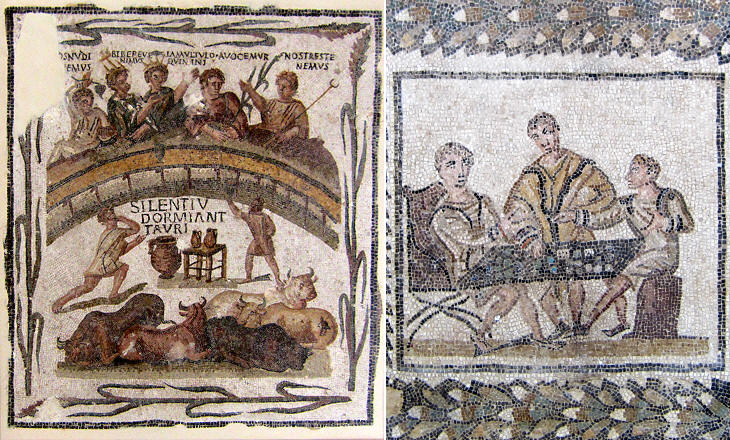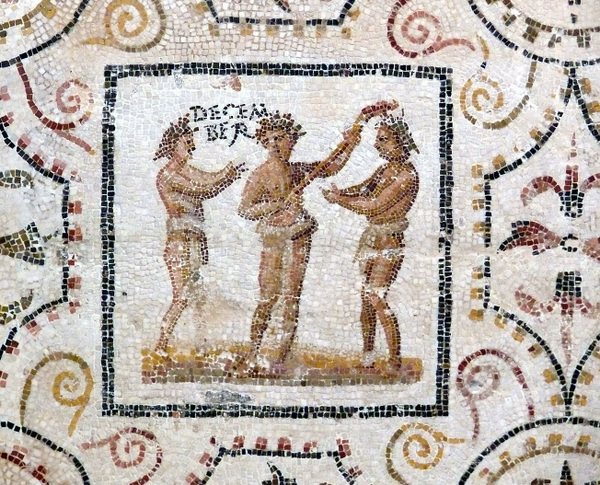I found this in the Catholic Encyclopedia thought I would share
Easter | Catholic Answers
Easter. —The English term, according to the Ven. Bede (De temporum ratione, I, v), relates to Eôstre, a Teutonic goddess of the rising light of day and spring, which deity, however, is otherwise unknown, even in the Edda (Simrock, Mythol., 362); Anglo-Saxon,
eaester, eaestron; Old High German, ô
stra, ôstrara, ôstrarün; German,
Ostern. April was called
easter-monadh. The plural
eaestron is used, because the feast lasts seven days. Like the French plural
Paeques, it is a translation from the Latin
Festa Paschalia, the entire octave of Easter. The Greek term for Easter,
pascha, has nothing in common with the verb
paschein, " to suffer", although by the later symbolic writers it was connected with it; it is the Aramaic form of the Hebrew word
pesach (transitus, passover). The Greeks call Easter the
pascha anastasimon; Good Friday the
pascha staurosimon. The respective terms used by the Latins are
Pascha resurrectionis and
Pascha crucifixionis. In the Roman and Monastic Breviaries the feast bears the title
Dominica Resurrectionis; in the Mozarabic Breviary,
In Laetatione Diei Paschoe Resurrectionis; in the Ambrosian Breviary,
In Die Sancto Paschoe. The Romance languages have adopted the Hebrew-Greek term: Latin,
Pascha; Italian,
Pasqua; Spanish,
Pascua; French,
Paeques. Also some Celtic and Teutonic nations use it: Scotch,
Pask; Dutch,
Paschen; Danish,
Paaske; Swedish,
Pask; even in the German provinces of the Lower Rhine the people call the feast
Paisken not
Ostern. The word is, principally in Spain and Italy, identified with the word "solemnity" and extended to other feasts, e.g. Sp.,
Pascua florida, Palm Sunday;
Pascua de Pentecostes, Pentecost;
Pascua de la Natividad, Christmas;
Pascua de Epifania, Epiphany. In some parts of France also First Communion is called
Paques, whatever time of the year administered.





 Those links conflate the Biblical Nimrod with Tammuz and Baal and even the Anunaki and mash everything and the kitchen sink together without a shred of actual primary evidence. They take pictures that don't portray Nimrod and label them improperly. And the spelling and grammar mistakes are terrible. No wonder you have no problem with reindeer in the Mediterranean. That put it all into perspective for me.
Those links conflate the Biblical Nimrod with Tammuz and Baal and even the Anunaki and mash everything and the kitchen sink together without a shred of actual primary evidence. They take pictures that don't portray Nimrod and label them improperly. And the spelling and grammar mistakes are terrible. No wonder you have no problem with reindeer in the Mediterranean. That put it all into perspective for me. 